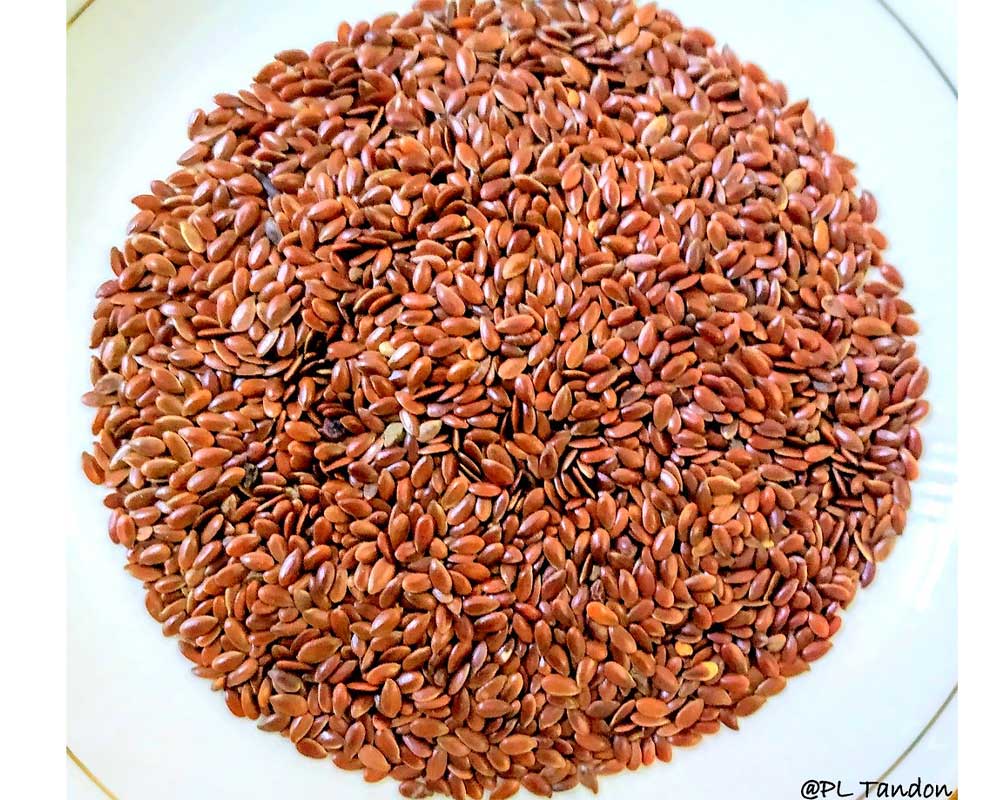
Foods High in Phytoestrogens: Nourishing Your Body Naturally
In a world that constantly bombards us with various food choices, it’s essential to make informed decisions about what we consume. One dietary component that has been gaining attention for its potential health benefits is phytoestrogens. These natural compounds, found in a variety of foods, offer a unique way to support your overall well-being. In this article, we will delve into the fascinating world of foods high in phytoestrogens, exploring their health advantages and how you can incorporate them into your diet.

Understanding Phytoestrogens
Before we dive into the foods rich in phytoestrogens, let’s grasp the concept behind these remarkable compounds. Phytoestrogens are plant-derived substances that have a similar structure to the hormone estrogen, although they are much milder in their effects. They can interact with estrogen receptors in the human body, potentially offering a range of health benefits.
The Health Benefits of Phytoestrogens
- Hormonal Balance: Phytoestro-gens are known for their role in helping to maintain hormonal balance in the body. For women, this can be especially beneficial during menopause, as it may alleviate some of the associated symptoms.
- Heart Health: Some studies suggest that diets rich in phytoestrogens may contribute to improved heart health by reducing the risk of heart disease.
- Bone Health: Phytoestro-gens have been associated with enhanced bone density, potentially reducing the risk of osteoporosis.
- Cancer Prevention: There is ongoing research into the potential cancer-fighting properties of phytoestrogens, particularly in breast and prostate cancer.
Foods High in Phytoestrogens
Now that we’ve uncovered the potential benefits of phytoestrogens, let’s explore some foods that are abundant in these natural compounds. Incorporating these into your diet can be a delightful and healthful choice.
1. Soybeans and Soy Products
Soybeans are perhaps the most famous source of phytoestro-gens. Tofu, tempeh, and soy milk are versatile options for adding soy to your diet.
2. Flaxseeds
Flaxseeds are rich in lignans, a type of phytoestrogen. Sprinkle them on your morning cereal or blend them into a smoothie for a nutritional boost.
3. Chickpeas
Chickpeas, commonly used in hummus and various Mediterranean dishes, are another great source of phytoestrogens.
4. Lentils
Lentils are not only a protein powerhouse but also contain significant amounts of phytoestro-gens. They’re perfect for soups, stews, and salads.
5. Red Clover
Red clover is an herb that has been traditionally used for its potential health benefits. You can find it in the form of tea or dietary supplements.
6. Sesame Seeds
Sesame seeds are not only a delightful addition to your baked goods but also pack a phytoestrogen punch.
7. Oats
Start your day with a bowl of oatmeal to enjoy the many benefits of oats, including their phytoestrogen content.
8. Broccoli
Broccoli is not just a tasty green vegetable; it’s also a source of phytoestro-gens that can be easily incorporated into your meals.
9. Berries
Strawberries, blueberries, and raspberries contain phytoestrogens while providing a sweet and nutritious snack.
10. Almonds
Almonds offer a crunchy way to introduce phytoestrogens into your diet while enjoying a satisfying snack.
Embracing Phytoestrogens in Your Diet
Incorporating these phytoestrogen-rich foods into your daily meals can be both pleasurable and beneficial. Try experimenting with new recipes and combinations to keep your diet exciting and nourishing.
Conclusion
Foods high in phytoestrogens provide a natural and holistic approach to supporting your health. By including these nutrient-packed options in your diet, you can potentially enhance hormonal balance, heart health, and overall well-being. Embrace the power of phytoestro-gens and savor the delicious journey to a healthier you.
FAQs
1. Are phytoestrogens safe for everyone?
While phytoestrogens are generally safe for most people, individuals with certain medical conditions or those taking specific medications should consult their healthcare provider before making significant dietary changes.
2. Can men benefit from consuming phytoestrogens?
Yes, men can also benefit from phytoestrogens, as they contribute to hormonal balance and may support prostate health.
3. How much phytoestrogen-rich food should I consume daily?
The recommended intake can vary from person to person, but incorporating a variety of phytoestrogen-rich foods into your diet regularly is a wise choice.
4. Are there any side effects associated with consuming phytoestro-gens?
In most cases, phytoestrogens are well-tolerated, but excessive consumption may lead to digestive discomfort in some individuals.
5. Can phytoestrogens replace hormone therapy?
Phytoestrog-ens are not a substitute for prescribed hormone therapy. They can be a complementary dietary choice but should not replace medical treatment when necessary.
Read More
Does Pea-nut Butter Make You Gain Weight? Debunking the Nutty Myth
Bana-nas and Diab-ete: A Sweet Affair with a Healthy Twist
Pota-toes and Diab-etes: A Heartfelt Exploration of the Connection
The Sweet Solution: How Mangoes Can Impact Dia-betes
Unlocking the Potential of a Low-Carb Diet: A Lifeline for Dia-betics
How to Prevent Diabetes: Taking Charge of Your Health
A Vegan Diet for Dia-betes: A Compassionate Path to Health and Wellness
How Many Carbs Should You Eat If You Have Diabetes?
Diab-etes Diet: A Journey Towards Health and Freedom
Diabetes Snacks: Delicious Choices for a Healthy Lifestyle
Cinamon and Diab-etes: A Sweet Spice’s Impact on Blood Sugar
